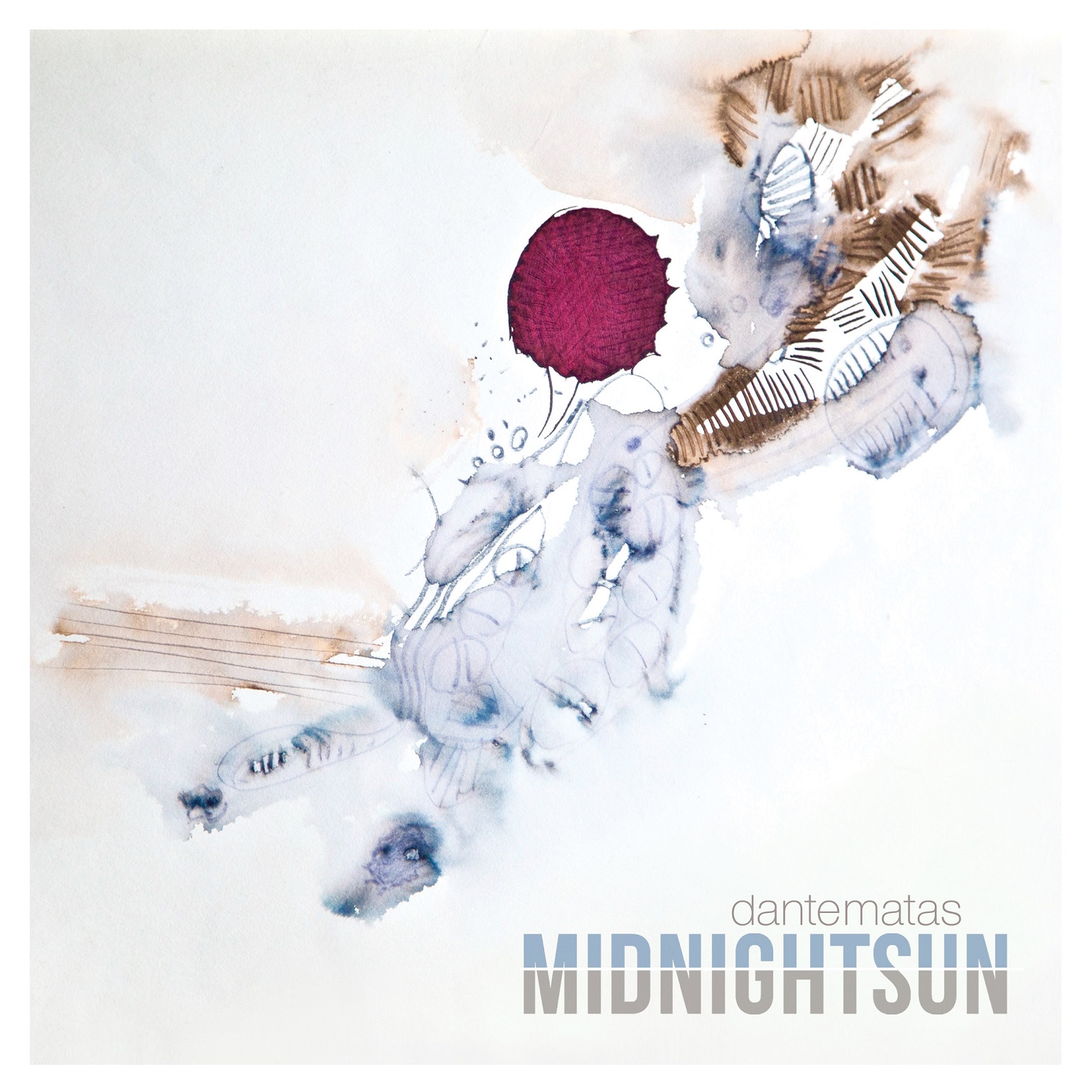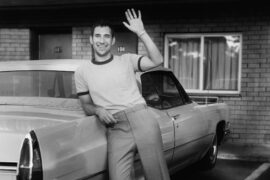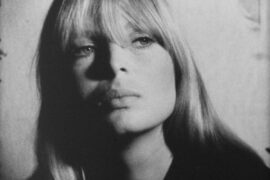“Electrolite,” the third single from ‘New Adventures in Hi-Fi,’ christened Los Angeles as a city of lies and limitlessness, further solidifying Athens giants R.E.M. as lyrically untouchable, ten albums in.
by guest writer Emma Schoors
Stream: “Electrolite” – R.E.M.
Hailed as the view that “will make you feel famous,” Mulholland Drive is a 21-mile long road stretching west from Cahuenga Pass to the U.S Highway 101, winding mountainside and offering breathtaking views of the Hollywood skyline as it does. After all, Michael Stipe of R.E.M. once sang, “If I ever want to fly, Mulholland Drive.”
The song was “Electrolite,” the year was 1996, and the album was the band’s tenth, New Adventures in Hi-Fi. Bioluminescence was the phenomenon Stipe was originally hinting at – “those bizarre sea creatures that light up when you stir up the water,” as he wrote in this Los Angeles Times piece. By incorporating diet culture (“lite” products), he turned “electrolyte” to “electrolite,” branding the single’s resulting title a mashup of the city’s luminous shine, and its tendency to promote cosmetic fads.
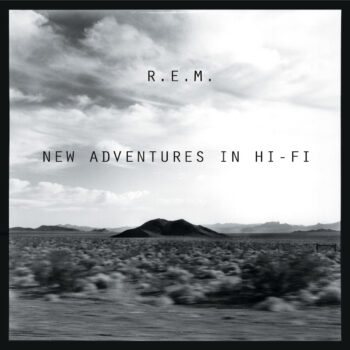
Your eyes are burning holes through me
I’m gasoline, I’m burning clean
Twentieth century, go to sleep
You’re Plasticine, that is obscene
That is obscene
Stipe compares himself to the fixed and fiery nature of gasoline, while the subject is his complete opposite, as Plasticine is a colorful modeling clay representing total adaptability. It sounds an awful lot like plastic, hammering home the connection to Hollywood’s obsession with superficiality. The subject being “obscene” could disgust Stipe, but intrigue him nonetheless – the repetition of the line suggests it’s a mixture of both.
You are the star tonight
Your sun electric, outta sight
Your light eclipsed the moon tonight
Electrolite
You’re out of sight
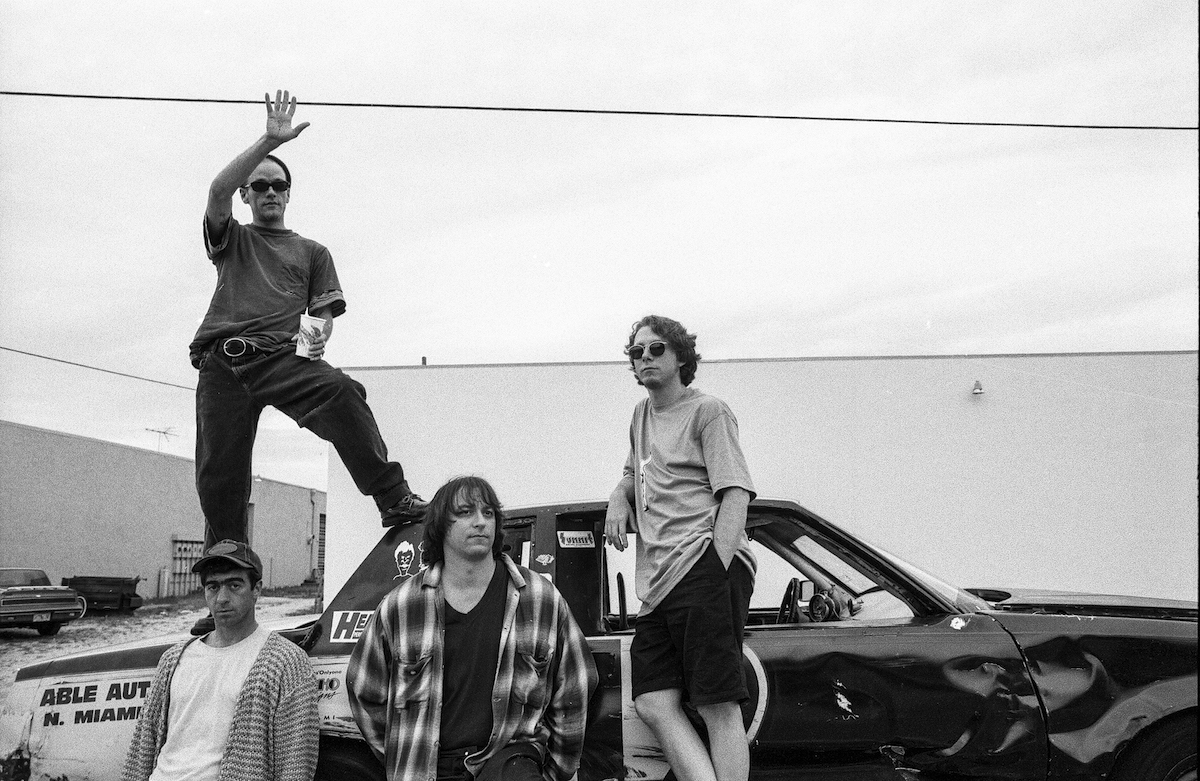
At the height of the 20th Century, the promise of Hollywood was that of immortality.
“If a man can bridge the gap between life and death,” James Dean once said, “I mean, if he can live on after his death, then maybe he was a great man.” That sentiment, that raising of the possibility of living forever, flocked millions to the city, each with the hope of carving themselves a slice of supposed endlessness. Some became stars, while others fell through the cracks, each extreme furthering the other.
“You are the star tonight,” Stipe sings, his voice shaking with vibrato, insinuating a more sinister, voyeuristic quality. The piano line that backs it, crafted by bassist Mike Mills, helps rest the lyrics on a bed of sincerity. Still, there’s an underlying sense of unseriousness in Stipe’s delivery. “Twentieth century, go to sleep,” he renders, “really deep.” In Stipe’s own words, “The ‘really deep’ in the lyric is, of course, self-deprecating towards attempting at all, in a pop song, to communicate any level of depth or real insight.”
In true R.E.M. fashion, the song can’t help but transcend one-dimensionality. The subject being “out of sight” could allude to the anonymity granted by the city’s grandness, or to its ability to make you feel important, if even by association. As the second verse arrives, led by a cheery, three-note piano kickoff, it doesn’t much matter which meaning the line truly reflects.
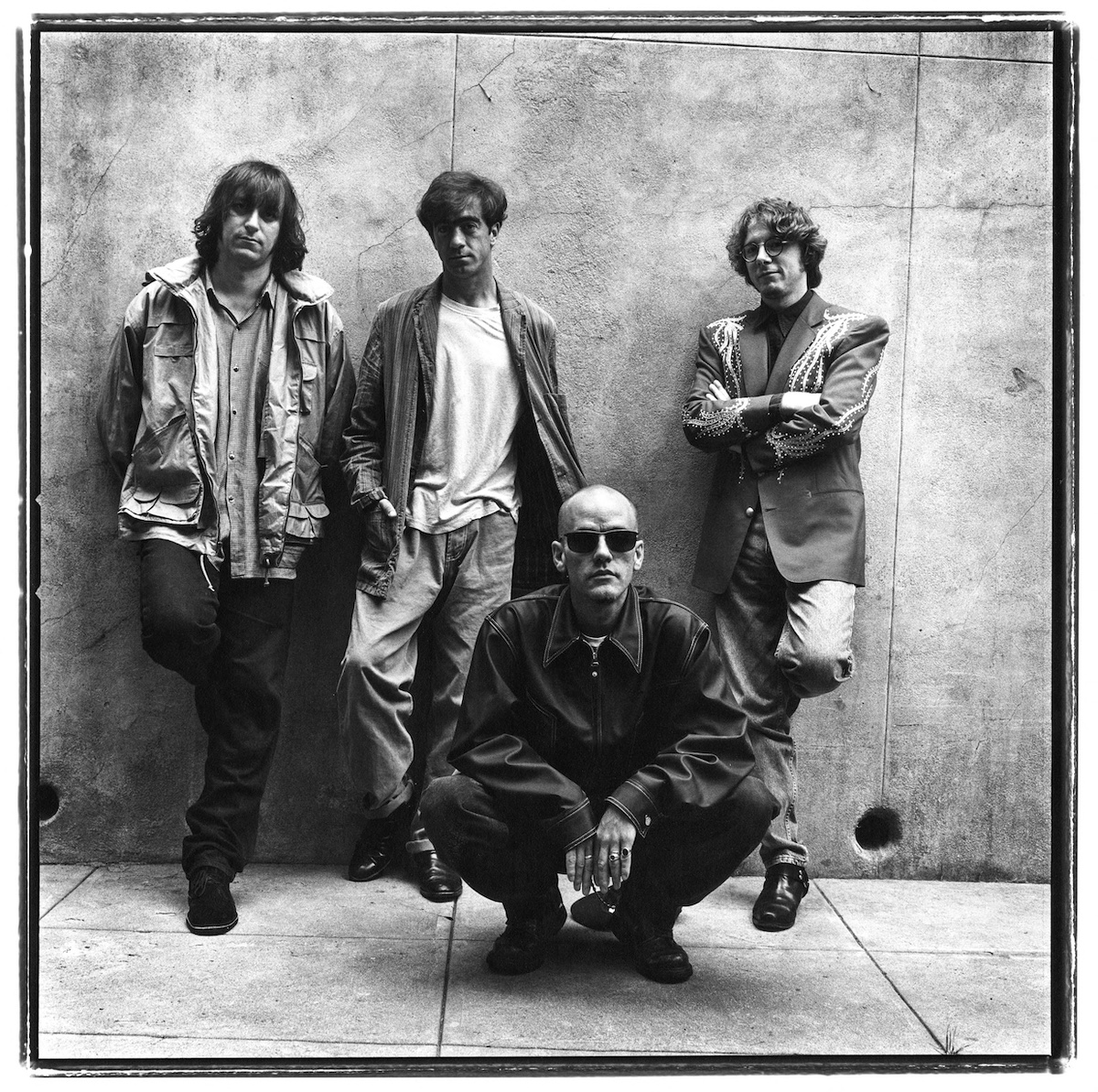
Hollywood is under me
I’m Martin Sheen
I’m Steve McQueen
I’m Jimmy Dean
All three stars mentioned starred in acclaimed films related to driving: Martin Sheen with 1973’s Badlands, Steve McQueen with 1971’s Les Mans, and James Dean in what some would consider his magnum opus, 1955’s Rebel Without A Cause. Dean was killed in an auto accident at age 24. As such, “I’m Jimmy Dean” takes on infinite meanings. Stipe could be speaking to the larger-than-life mask he slips on while watching Los Angeles from on high, or more plainly to his own mortality.
Stand on a cliff, and look down there
Don’t be scared
You are alive
You are alive
With miles of today’s advertisements plastered mercilessly atop yesterday’s, rising costs of living, and a prevailing hope that something more is on its way, Hollywood falls into the trap of, as Stipe writes, “wiping out all that came before to be replaced by something ‘better.” It’s only when taking a step back from the noise that beauty steps forward. “Stand[ing] on a cliff,” admiring it all from above, one can finally inhale its magic without succumbing to its potency.
“You are alive,” Stipe repeats, “you are alive.” It’s a fact, and it’s a miracle worth proclaiming. There are moments, looking into the light-laced abyss, when it looks back into you, flickering with the fire in Dean’s eyes and smoldering with the golden warmth of windows lit well into the night. Los Angeles is a place where the light never goes out, until it does – “Electrolite” manages to embody that contradiction without missing a beat.
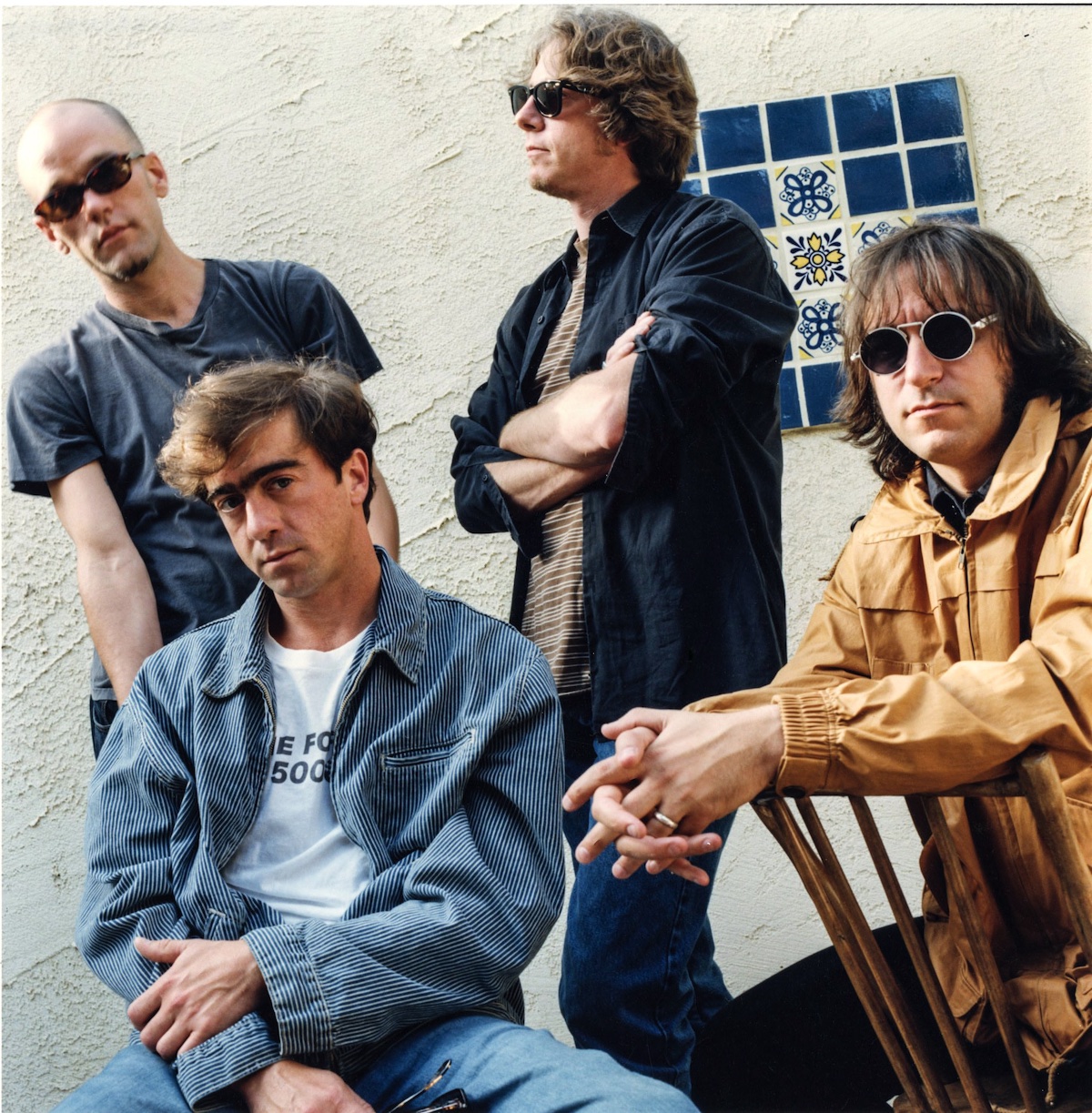
We won’t blink
Your eyes are burning holes through me
I’m not scared
I’m outta here
At the tail end of “Electrolite,” Stipe professes that he’s “outta here.” If that’s a reference to physically leaving, it’s a common sentiment – from John Mayer admitting he’ll “steer clear” of a past lover residing in the city of angels in “In Your Atmosphere,” to Gladys Knight & The Pips’ “Midnight Train To Georgia” contending “LA proved too much for the man.” Stipe is more likely bidding farewell to the 20th century at large, a goodbye he’s “not scared” to say. He’s also waving back to the album, as “Electrolite” is the last song on its tracklist.
Recorded before a Phoenix show during the band’s 1994’s Monster tour, the song was largely derived from a live performance, barring Stipe’s vocals at Bad Animal Studios in Seattle. While it never rose to the level of commercial notoriety of “Losing My Religion” or “Everybody Hurts,” “Electrolite” was a shimmering love letter to Los Angeles as the world knew it, and an implication of something just as grand waiting on the other side.
— —
Emma Schoors is a 20-year-old music journalist and writer based in Southern California. When she’s not interviewing rising names in alternative rock, Schoors can be found on the open road exploring countrywide music scenes, food, and culture.
:: stream/purchase New Adventures In Hi-Fi here ::
:: connect with R.E.M. here ::
Stream: “Electrolite” – R.E.M.
— — — —
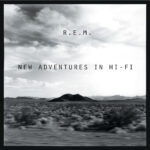
Connect to R.E.M. on
Facebook, Twitter, Instagram
Discover new music on Atwood Magazine
© Jem Cohen
:: Stream R.E.M. ::

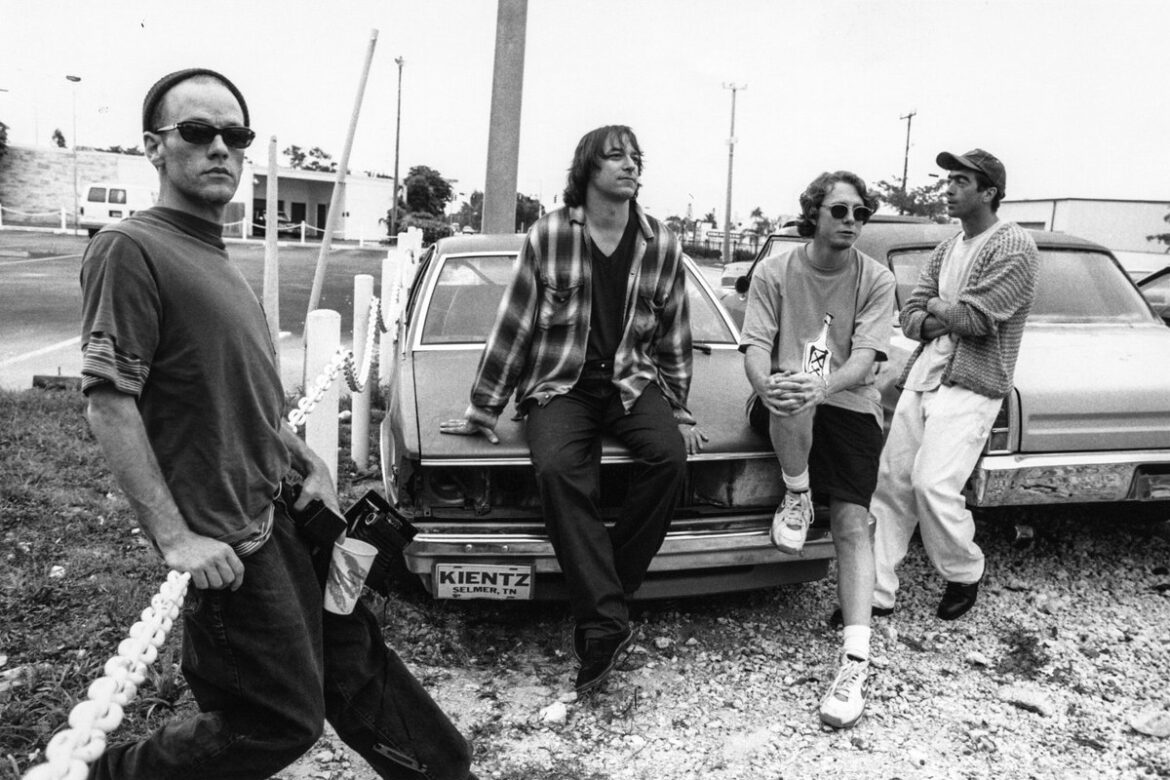
 © Jem Cohen
© Jem Cohen